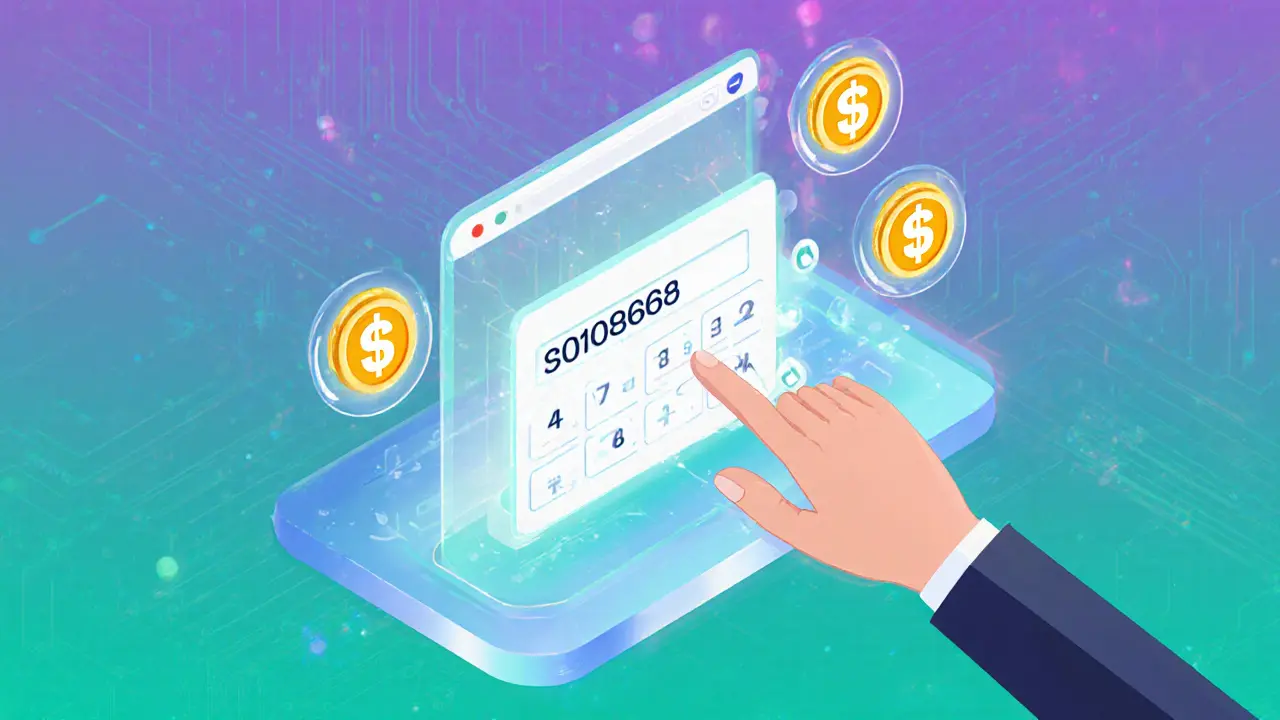DAO Governance: Empowering Decentralized Decisions
When working with DAO governance, the system that lets token holders collectively steer a blockchain project through proposals and votes. Also known as decentralized autonomous organization governance, it replaces traditional boardrooms with transparent, on‑chain rules.
At the heart of any governance token, a crypto asset that grants voting power proportionate to holdings lies a smart contract, self‑executing code that enforces proposal outcomes without human intervention. Together they create a voting mechanism, the process—often quadratic voting or weighted token voting—through which participants signal support or opposition. In practice, a DeFi protocol, a lending, swapping, or yield‑farming platform built on blockchain relies on these pieces to upgrade contracts, adjust fee structures, or allocate treasury funds. The relationship can be expressed as a few simple triples: DAO governance encompasses token voting, smart contracts enable automated voting mechanisms, and DeFi protocols depend on DAO governance for protocol upgrades. This trio of entities forms the backbone of community‑driven crypto projects.
Why Understanding DAO Governance Matters
Whether you’re a casual holder eyeing a new airdrop or a developer building the next DeFi app, grasping how DAO governance works lets you assess risk, spot opportunities, and participate meaningfully. It tells you why a project might shift direction overnight—because token holders voted for it—rather than being steered by a hidden board. It also highlights the importance of token distribution; a highly concentrated governance token can lead to centralization, while a broad distribution encourages diverse ideas. In the articles below, you’ll see real‑world examples of DAO governance in action: from airdrop verification tips that hinge on community voting, to deep dives on permission‑less DEXes that use token‑based governance to evolve their AMMs. Armed with this context, you can navigate the crypto landscape with more confidence and make smarter decisions.
Quadratic Voting for DAO Governance: How It Works & When to Use It
Learn how quadratic voting reshapes DAO governance, its benefits over token voting, implementation steps, real-world examples, and best practices for fair decision‑making.
read more

